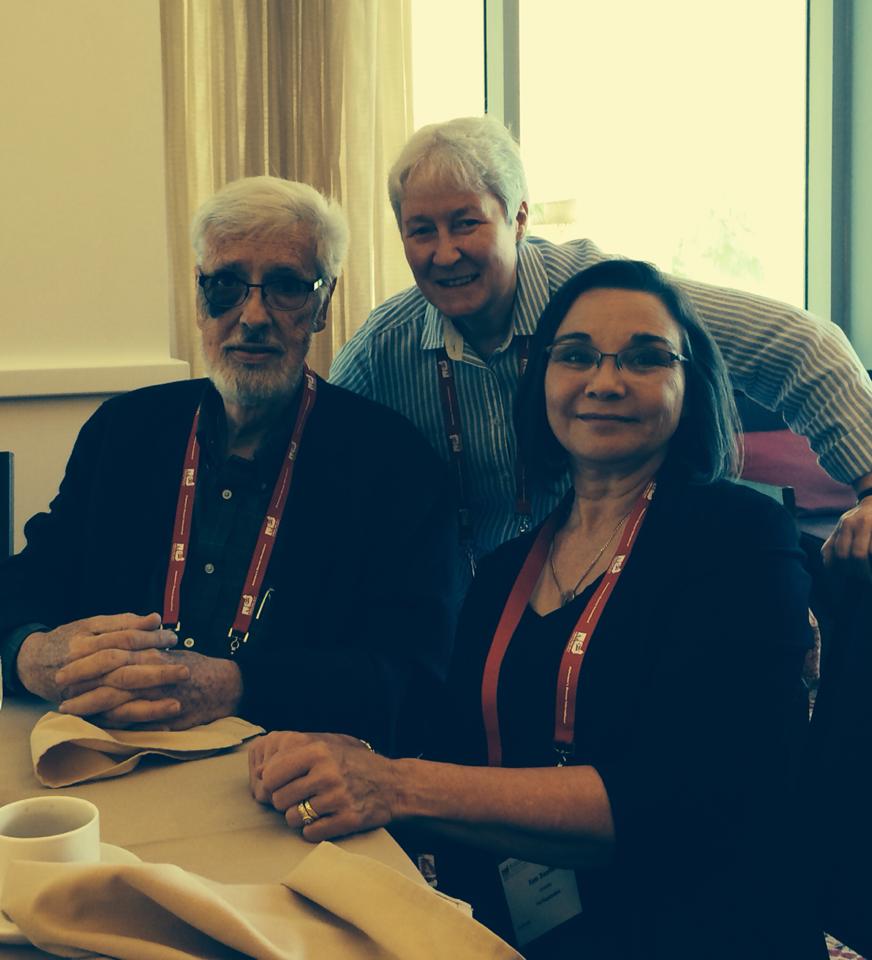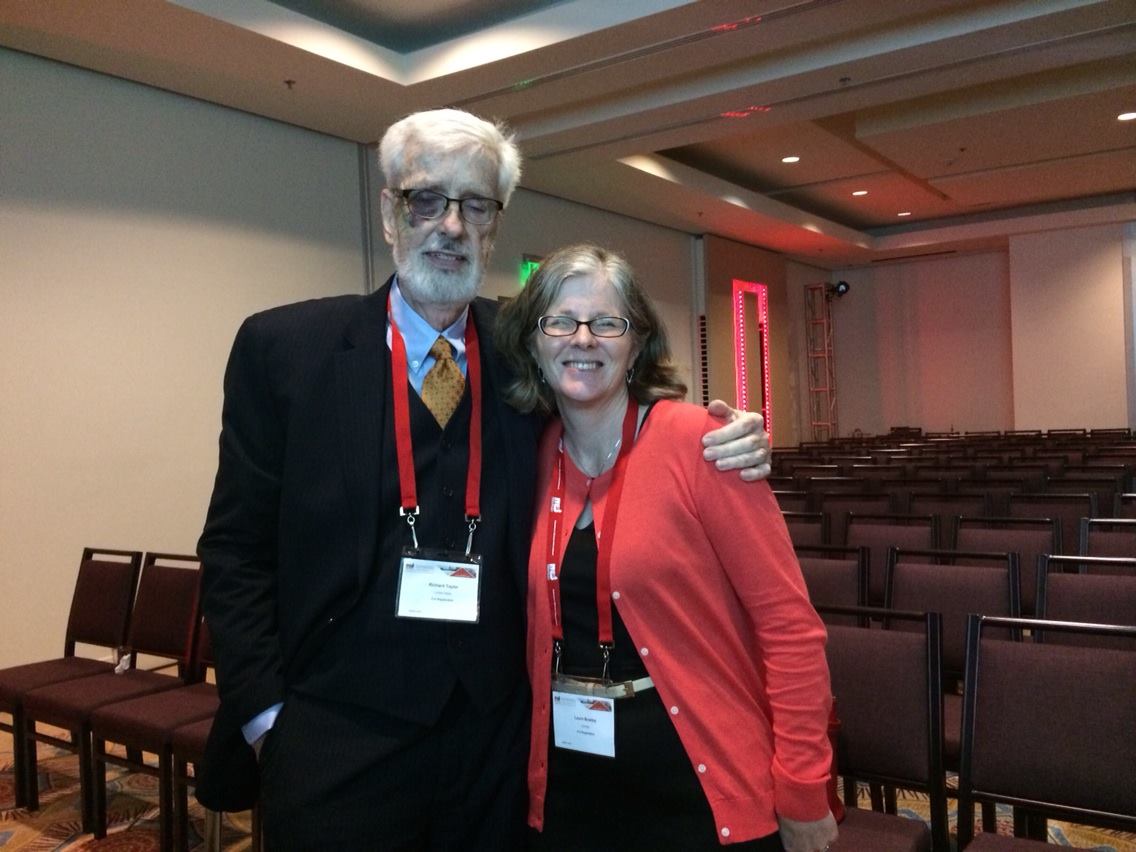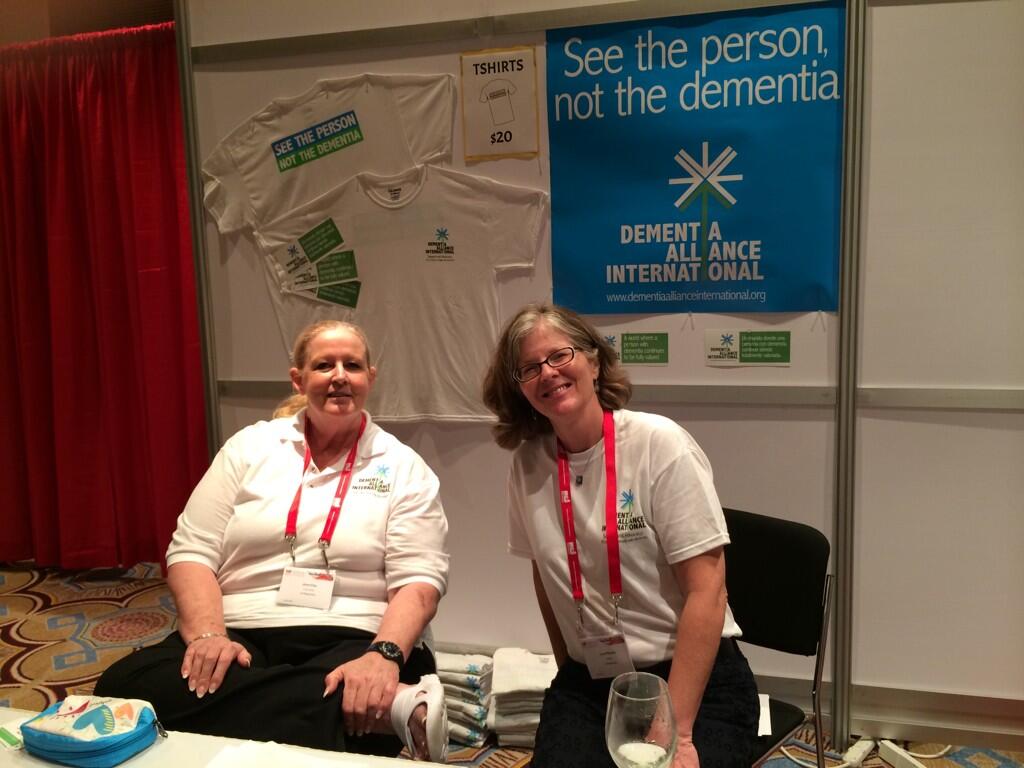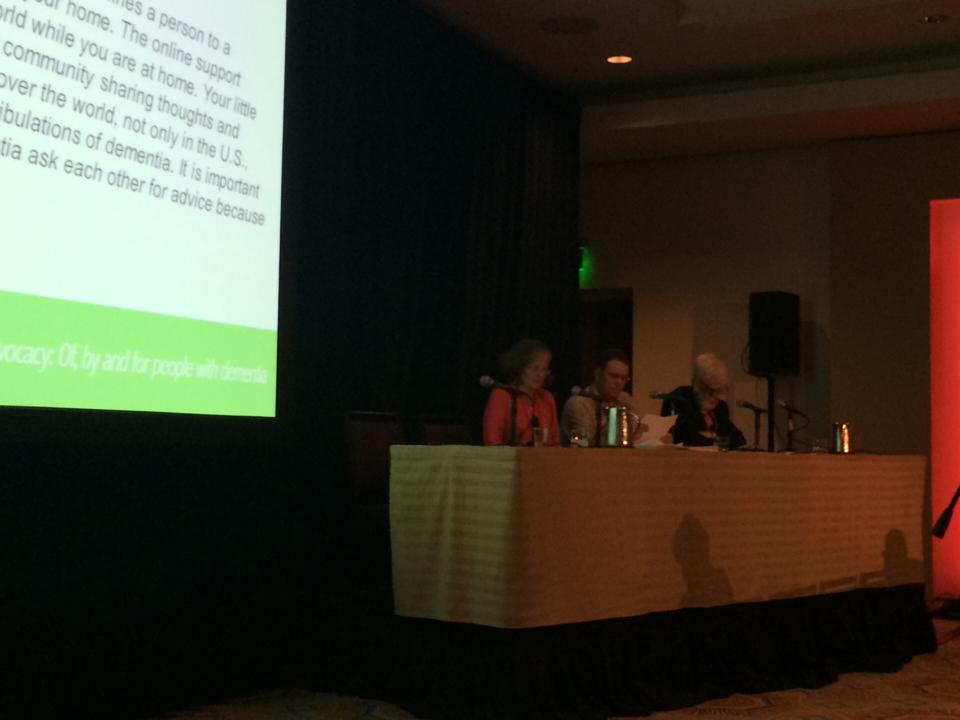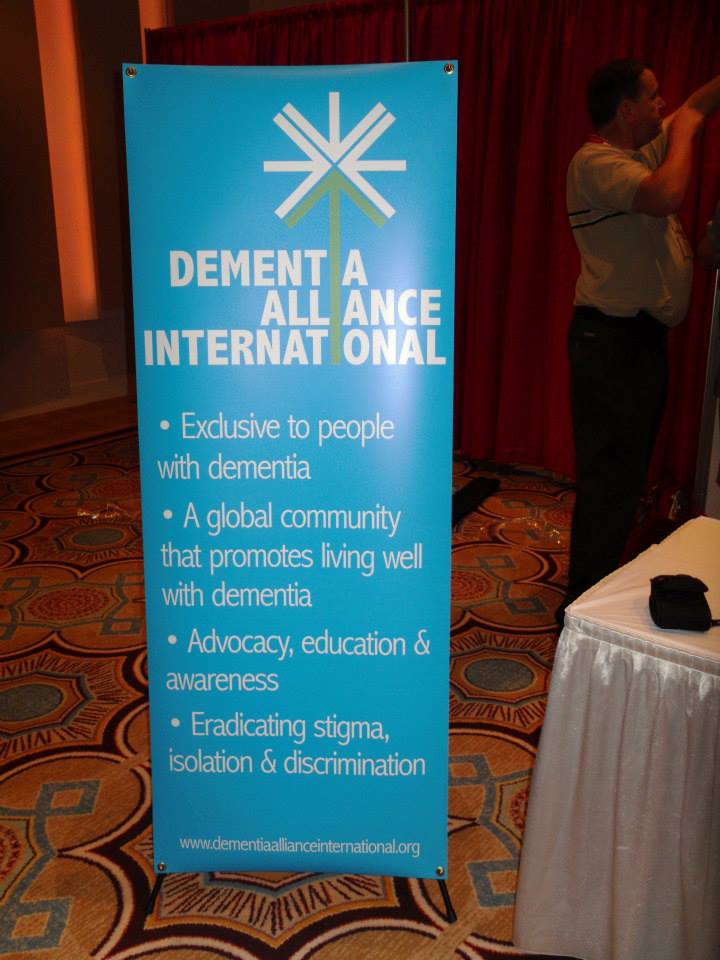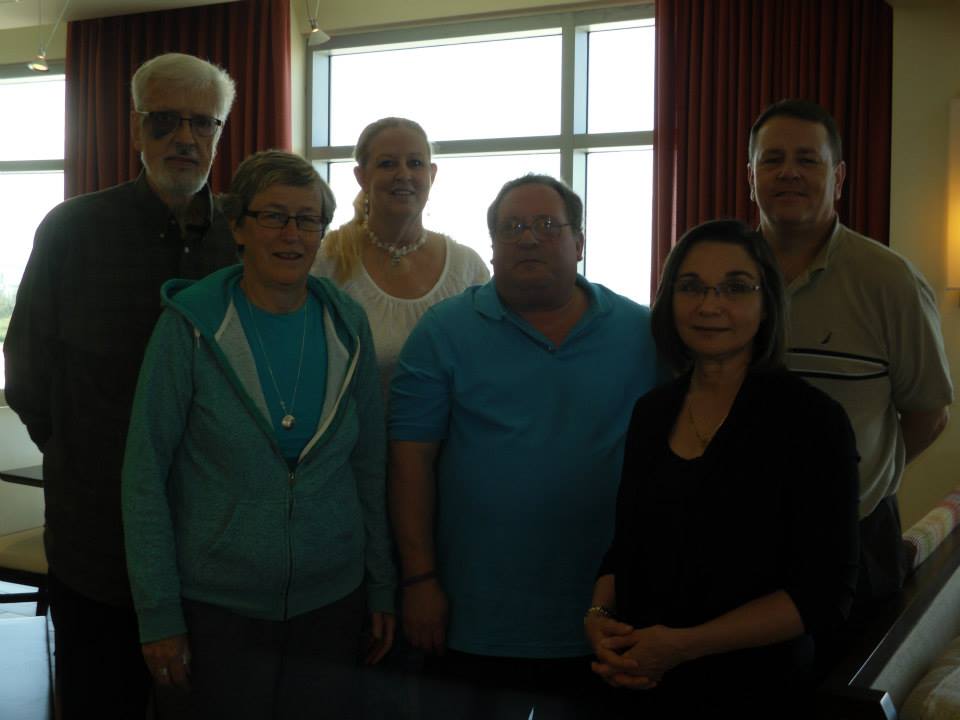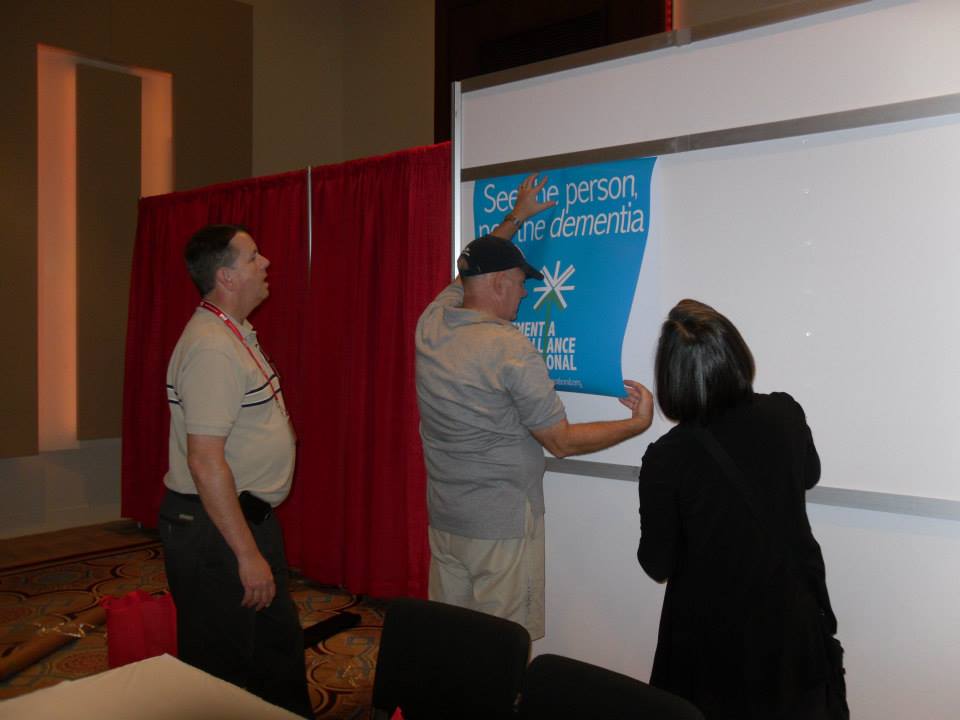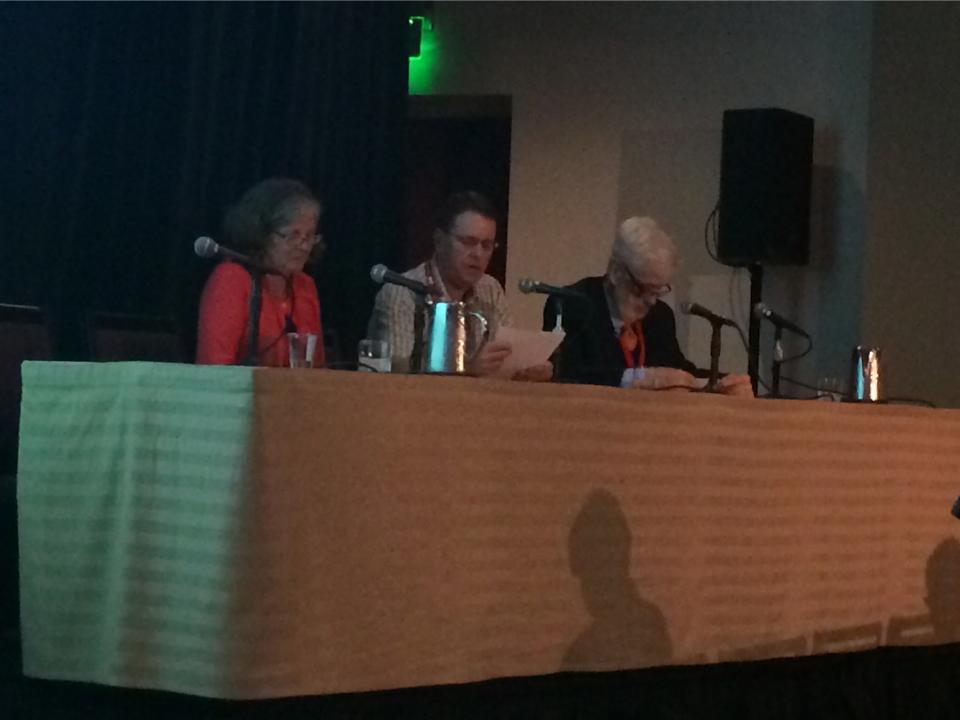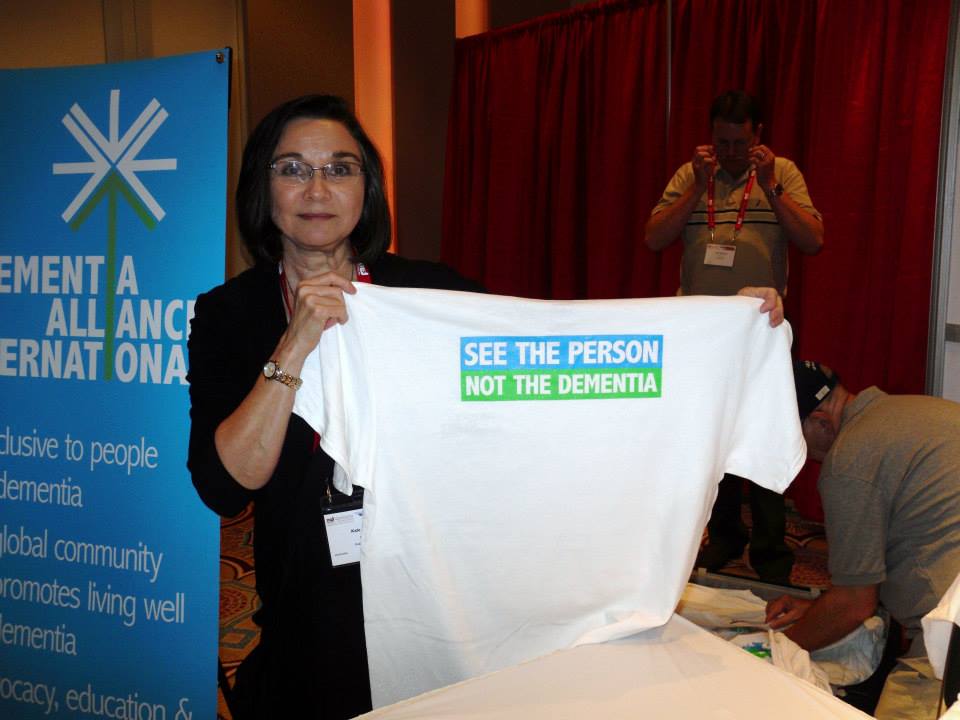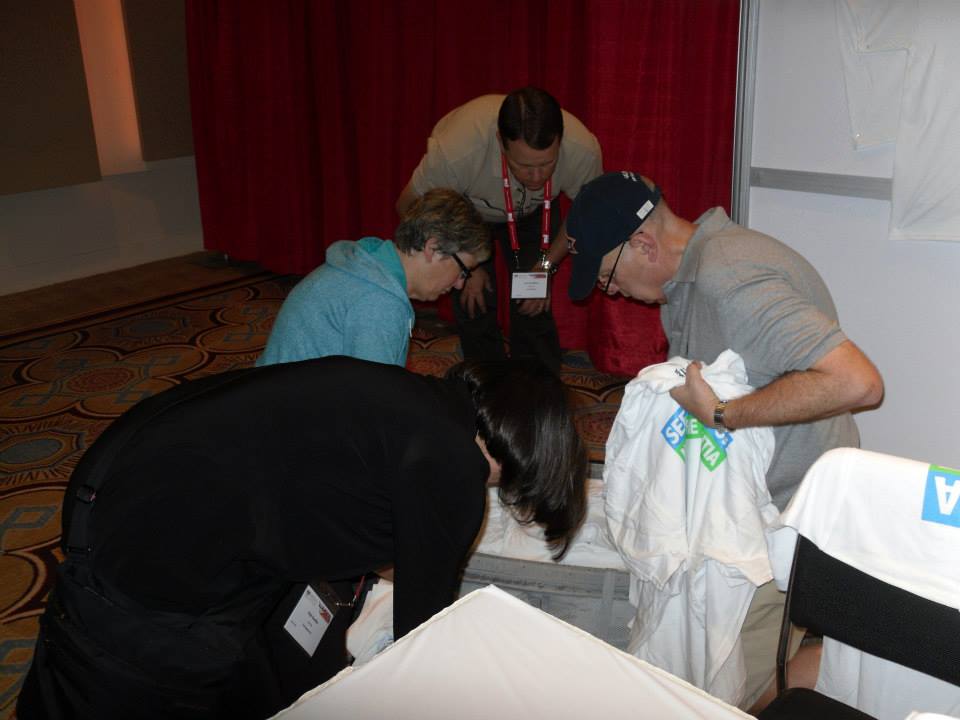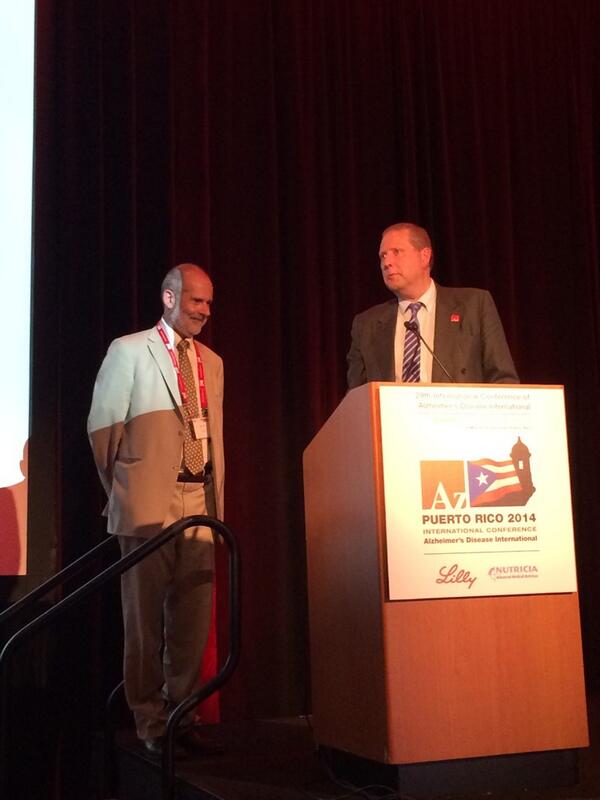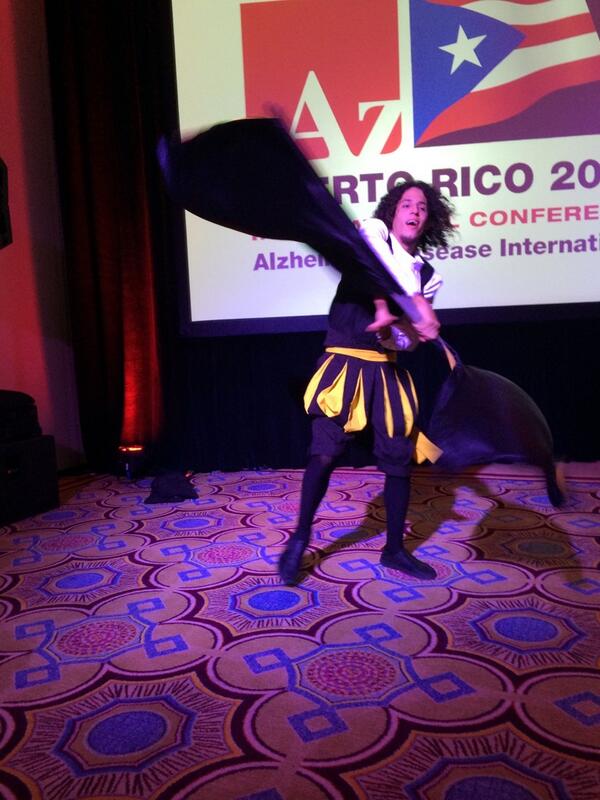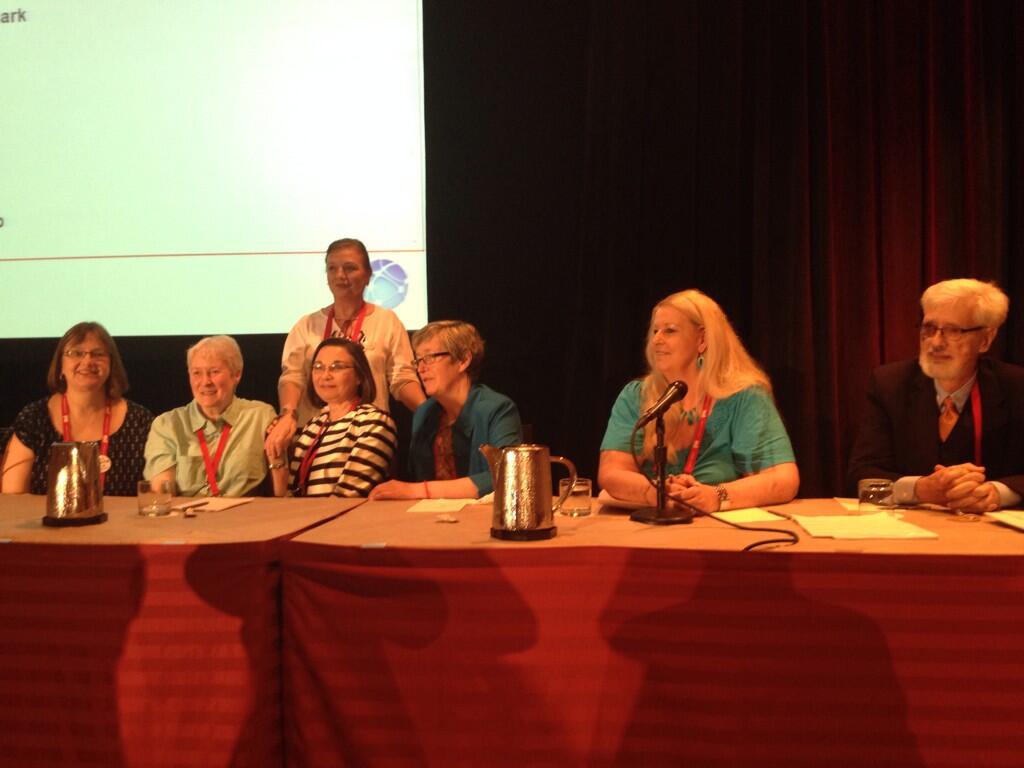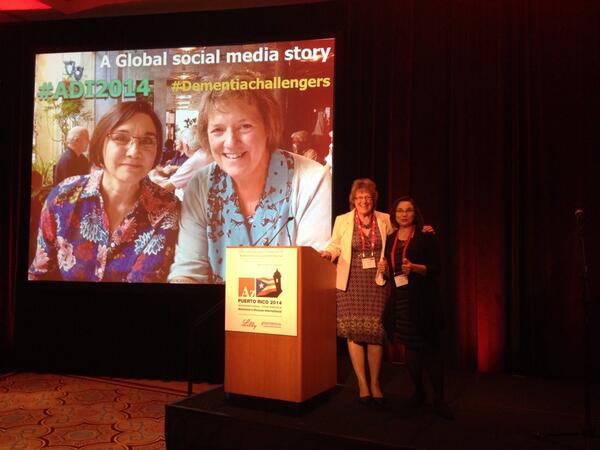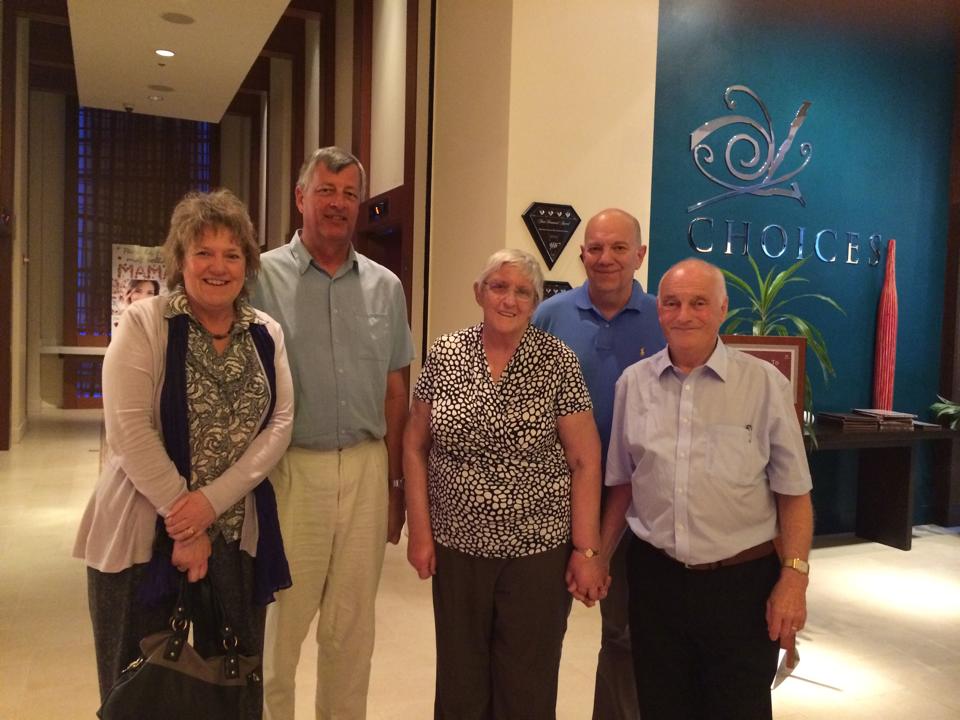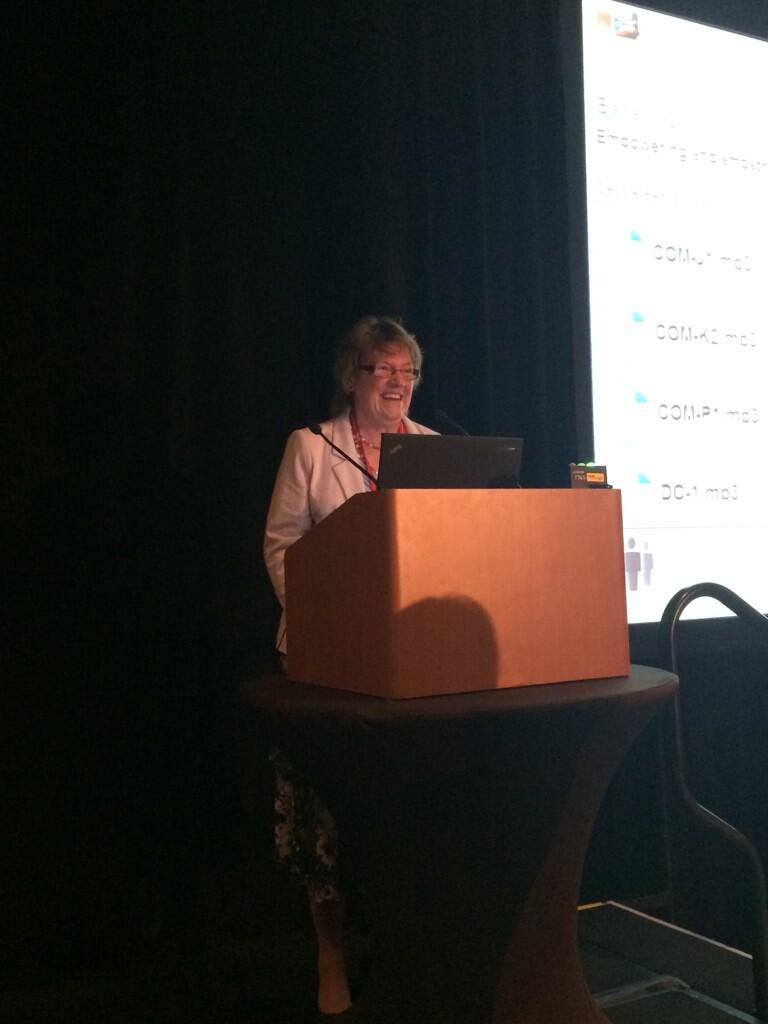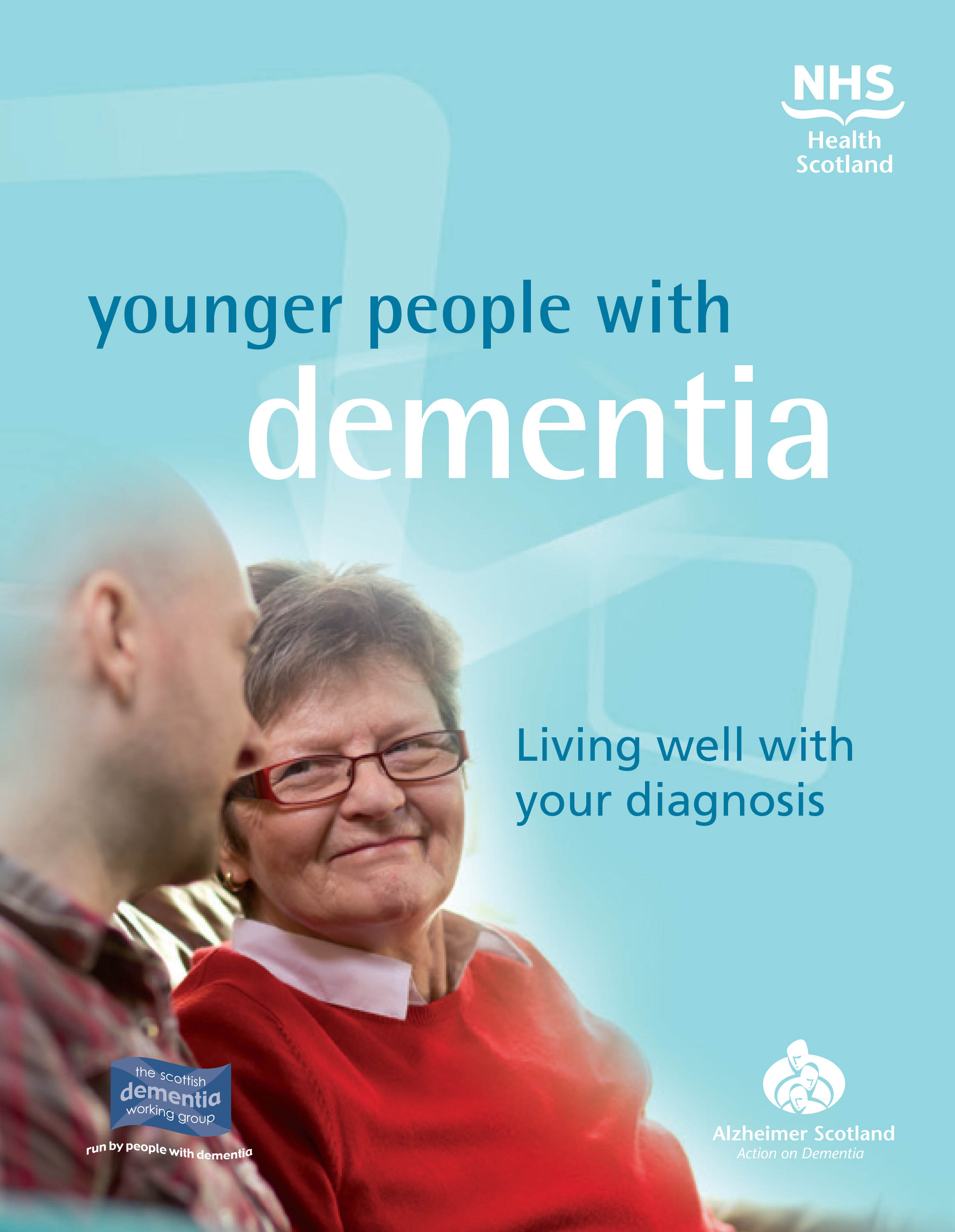I asked some practising medics, including GPs, neurologists, and obstetricians, about the following case vignette. I had tried to eliminate mentions of the word ‘dementia’. The original vignette was published in an article in the Guardian this week, under the title, “My 70-year-old husband has turned aggressive – I fear he has dementia”.
“I enjoy his company: he is charming, intelligent and considerate. He has always had periods when he would become moody and unpleasant to me, but these are few and far between.
He is a bit forgetful, but he has had some bizarre memory lapses; he becomes aggressive if I mention it, sometimes says odd things, and has become hypersensitive to criticism. Recently, my husband lost his temper with me after what seemed to me a trivial matter, although it obviously wasn’t to him. His reaction stunned me. He started to scream at the top of his voice, then picked up the grill tray of the cooker. I thought he was going to hit me with it, but he turned and bashed the cooker repeatedly, leaving dents and marks. He then screamed abuse at me. He has not spoken to me since, but when he speaks to our boys on the telephone, he sounds cheerful and normal.
I have never seen him lose control so completely before, and worry that next time he may go for me. I don’t feel I can talk to him about this because I know that he would lose his temper again, and I dare not mention that I worry about his health. I feel the only thing I can do is to leave him. But I feel heartbroken and baffled that such a happy relationship could end like this and don’t know how to broach the subject of separation. What should I do?“
The article itself went to consider how the individual might seek confidential advice from a charity such as the Alzheimer’s Society. The background to this is that, previously, the Alzheimer’s Society, a large charity, in partnership with the Department of Health launched a national campaign to address the ‘diagnosis gap’, of individuals not receiving a clinical diagnosis of dementia. With a series of videos and huge coverage, including the G8 dementia summit which was publicised heavily in the national media, a new map of diagnosis rates nationally has been launched.
Alzheimer’s disease is the main presenting form of dementia globally, although there are in total over hundred types of dementia. Prof John Hodges, who has written one of the Forewords to my book “Living well with dementia”, has reviewed the medicine of the dementias in his chapter for the Oxford Textbook of Medicine (available here).
It is generally considered that memory problems constitute the main picture of the clinical presentation of “typical” Alzheimer’s disease. In contrast, in a common dementia in the slightly younger age group, called frontotemporal dementia, the dominant presentation can be one of an insidious personality or behaviour change. Depression can easily be confused with dementia, in that depression can cause memory problems and changes in personality.
There are further issues at play. Because of artefacts in their training, a neurologist is more likely to be asked to diagnose a dementia, and a psychiatrist a depression. A GP seeking a specialist opinion might prefer locally to refer to a psychiatrist rather than a neurologist in their locality, as the waiting time is shorter.
And the G8 dementia summit has caused a lot of problematic issues to resurface. The Summit itself spent much more time in discussing data sharing of genomic and drug trial information, with a view to developing personalised medicine, in other words treatment and cure, rather than in discussing the often inadequate resources for frontline care in specific jurisdictions including the UK. Rather than closing down the ‘cure vs care’ debate, the G8 summit has instead thrown the debate into the spotlight; see for example the separate useful contributions from Beth Britton and Prof Peter Whitehouse.
But the odd phenomenon is now emerging that not only has their being growing medicalisation of the dementias, with such a focus on diagnosis, treatment and cure, but the focus has been like a targeted missile strike; it is “Alzheimerisation”, meaning that even all possible dementia presentations all go down the final common diagnostic pathway of Alzheimer’s disease.
There is already an interesting pre-existant literation on “Alzheimerisation”. My friend in Adelaide, Kate Swaffer, has referred to the phenomenon on her popular and leading blog (blogpost here).
A critical path in producing the correct diagnosis and differential diagnosis is the age of the patient and spouse. I unhelpfully didn’t include this information.
The points raised by the Consultant Paediatrician by training were therefore generic points which could have helped, whatever the diagnosis was. He queried: Has he got or recently had physical illness? Is he anxious or depressed? He then suggested he would “triangulate views” with other family members, friends etc. This Paediatrician immediately latched onto the difficult ethical issue in this problem, stating: “Don’t provoke him with a direct approach but he needs help.” As a person of his status in the NHS, he then queried sensibly as to whether he had seen GP recently, with a view to elucidating a recent medical history. Intriguingly, the Paediatrician did not shut down non-dementia diagnoses. In fact, he never mentioned dementia once (but this to be expected as dementia is far less common presentation in child and adolescent medicine/psychiatry than old-age for example.)
Another clinician, actively involved in his Royal College (for Obstetrics and Gynaecology) for training and other issues, came straight to his point:
“The only diagnosis going through my mind is dementia. However still need to consider acute confusional state. Also maybe thyroid disorders, vitamin deficiency, drug or alcohol abuse or depression.”
Interestingly, the Consultant Neurologist did pick up on the dementia twang of the history, but was more concerned about what type of dementia it might be, given the observed differences between Alzheimer’s disease and frontotemporal dementia.
That Neurologist remarked:
“Hard to be specific given limited info, but given personality change I’d wonder about FTD, would want to know though about other things eg alcohol history or substance abuse, past psychiatric history, family history. Being vague but then the details are vague.”
But even there that neurologist in question did not shut down non-neurology diagnoses – neurologists on the whole do not do the “acute medical take” in the majority of hospitals – and produced a good range of medical/psychiatric alternatives.
In contrast, a General Practitioner was hugely concerned about the social/cultural dimension, and the overall ethical issues.
“Assuming it is the wife that is consulting me, I would:
Encourage her to contact the police, especially if there are further episodes of violence
Refer social services if children living in house, esp if witnessed episode (doesn’t sound like they are from your blurb)
Encourage her to move out, at least temporarily
Give her details of women’s refuge
Tell her to advise him to consult his GP as difficult to help medically otherwise.
Your description makes me think about neuropsychiatric problems rather than just adjustment/personality/relationship difficulties. I don’t know how likely it is that I would get that flavour from the wife. However, abrupt change in personality, saying odd things and bizarre memory lapses would be a concern.
If the husband consulted me, depending upon my assessment (which would certainly include consideration of drug and alcohol use and perceptual disturbances), I would be thinking about referral to psychiatry, not because I think a physical problem unlikely but because I suspect it might be quicker than neuro. However, I might seek advice from a neurologist.
As for 10 minute appointments, the first with the wife would over-run. The assessment of the husband might take place over 2-3 appointments, after which there would be a fair amount of time taken up with considering/arranging referrals.”
After having read the discussion in the Guardian article, and clearly with the benefit of knowing the age of the person and his spouse, that General Practitioner picked up further on the ethical issues:
“Having now read the article, the age puts one in mind of a narrower range of diagnoses, perhaps, and one would think of memory clinic referral. The suggestion that the GP should make a home visit as a way of bypassing the need for patient consent and cooperation is a little worrying. Clearly it is an option but would only be considered in very exceptional circumstances – and frankly then I would worry about the safety of the GP. Ethically it sounds even more dubious than setting up a screening system to bypass patient consent! I would personally rely on the husband coming to me.”
Another GP came up with broadly the same list of diagnoses to consider as the other clinicians who had suggested a list:
“If you are looking for a diagnosis, I would consider as differentials:
- mental distress
- alcohol
- dementia
- illegal drugs
some physical illness such as hyperthyroidism, temp lobe epilepsy. I would need to check out her story.”
Often, criticism has been made of General Practitioners in shutting down the dementia diagnosis, but the third General Practitioner I asked not only mooted the dementia diagnosis, but also queried whether it might be frontotemporal dementia:
“Sounds a bit too bizarre to be a simple mood disorder. I’d be thinking of something more organic, like a frontal lobe problem. Perhaps fronto-temporal dementia? Hard to separate the case from the fact that you have an interest in this, though Shibley – would I consider this if it was in my surgery?”
It is in fact arguably quite likely that a Psychiatrist Specialist Registrar or Consultant will wish to exclude temporal lobe epilepsy or an intermittent explosive disorder, as well as a dementia.
Psychology studies have shown that people tend to confirm their preconceived ideas and ignore contradictory information, a phenomenon known as “confirmation bias“.
Julie spotted this danger at once:
and its potential unintended consequences:
This bias is the tendency of people to favour information that confirms their beliefs or hypotheses. People display this bias when they gather or remember information selectively, or when they interpret it in a biased way. The effect is stronger for emotionally charged issues and for deeply entrenched beliefs. People also tend to interpret ambiguous evidence as supporting their existing position.
The prestigious journal, New England Journal of Medicine, considered this issue in an article.
To examine the role of confirmation bias in psychiatric diagnosis, researchers gave a case vignette to 75 psychiatrists (with an average duration of professional experience of six years) and 75 fourth-year medical students. Participants were asked to choose a preliminary diagnosis of depression or Alzheimer disease, and to recommend a treatment. The vignette was designed so that depression would seem the most appropriate diagnosis. Participants could then opt to view up to 12 items of narrative information; their “summary theses” were balanced between the two diagnoses, but the narratives overall favored the dementia diagnosis.
For the preliminary diagnosis, 97% of psychiatrists and 95% of students chose depression. 13% of psychiatrists and 25% of students chose to see more confirmatory than disconfirmatory items. In the end, 59% of psychiatrists and 64% of students reached the correct diagnosis of Alzheimer disease. Psychiatrists performing confirmatory searches were less experienced and more likely to make the wrong diagnosis. Participants were more likely to make the wrong final diagnosis if they chose to view six or fewer pieces of additional information. As one would intuitively expect, making the wrong diagnosis affected treatment decisions.
This study, with no patient examination and only two diagnostic possibilities, provided less time pressure to arrive at a diagnosis than in clinical practice. However, the findings reinforce the importance, in psychiatric education and in clinical practice, of considering evidence contrary to our initial impressions and avoiding premature closure.
The results from that study alone perhaps suggest that clinicians should search for disconfirmatory evidence and be aware of bias that might arise from patients’ past diagnoses and the opinions of referring clinicians.
The vignette does throw up a very troubling problem though. Medical charities promote their conditions for a slice of the funding pie. A clinician will have to keep his or her mind open, and even have to consider non-medical diagnoses (this is specifically examined in the clinical part of the higher postgraduate examination of physicians currently, “PACES” in the MRCP(UK) postgraduate examination for general medicine).
Bear in mind recipients of the age did not know the age of the people involved in the vignette, but the only non-medic I asked mooted the following:
Finally, if you phone up the helpline of a dementia charity, you may not necessarily be speaking with someone with a general medical qualification, and the best that that person can do is to encourage the caller to go for more tests for dementia. Individuals clearly have a right to a correct diagnosis, but it is often disregarded that the media and “non medical others” equally have a responsibility not to send people down blind alleys. If you do not adequately resource GPs or memory clinics, the drive to diagnose lots of dementia could lead to many false diagnoses, and, quite simply, be a massive disaster waiting to happen.
References
Mendel R et al. Confirmation bias: Why psychiatrists stick to wrong preliminary diagnoses. Psychol Med 2011 May 20; [e-pub ahead of print]. (http://dx.doi.org/10.1017/S0033291711000808)
